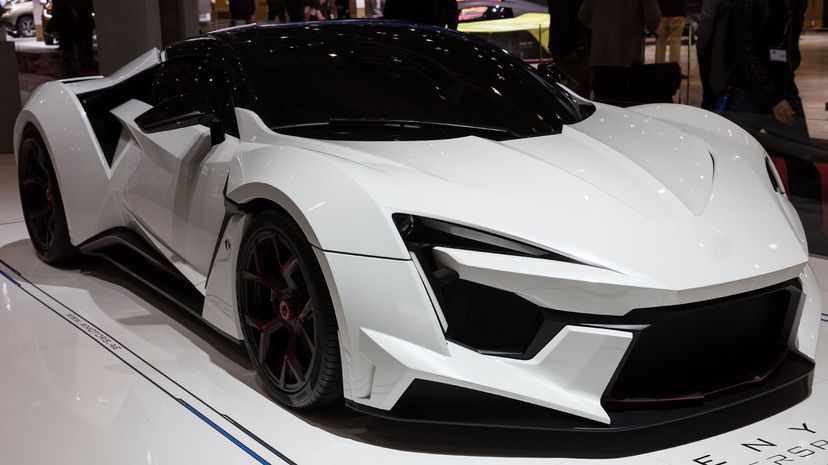
About This Quiz
Have you ever wondered what separates a true fan from a casual fan? There has to be some dedication, right? Some ability to go beyond just the basics. A casual football fan will watch the Super Bowl. A true football fan can tell you who coached the Green Bay Packers in 1975. That same level of passion goes into being a true fan of the automotive world. You have to know more than just the most popular makes and models. It's not just liking the look of a Mustang or a Corvette; it is knowing what year the Corvette had a split window in the back, or when the Mustang was introduced.Â
A true auto fan knows all of those gritty and fun details that go on behind the scenes and under the hood throughout a vehicle's history. A true fan also knows the obscure details, like which car had the first production fuel injection, or who took the speed record from McLaren in 2005 by only 0.1 miles per hour.Â
If that's the kind of auto fan you are, then maybe you want to put your money where your motor is and try your hand at this quiz. It'll push you to the speed limit of your knowledge.
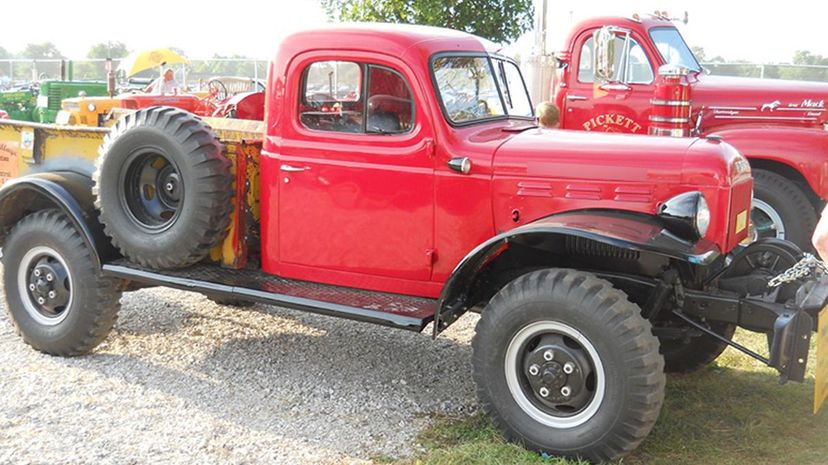
The Dodge Power Wagon has been one of the most widely used and diverse vehicles in history with both military and civilian applications. In fact, the power wagon for civilian use was derived from the 3/4 ton WC series of military trucks.
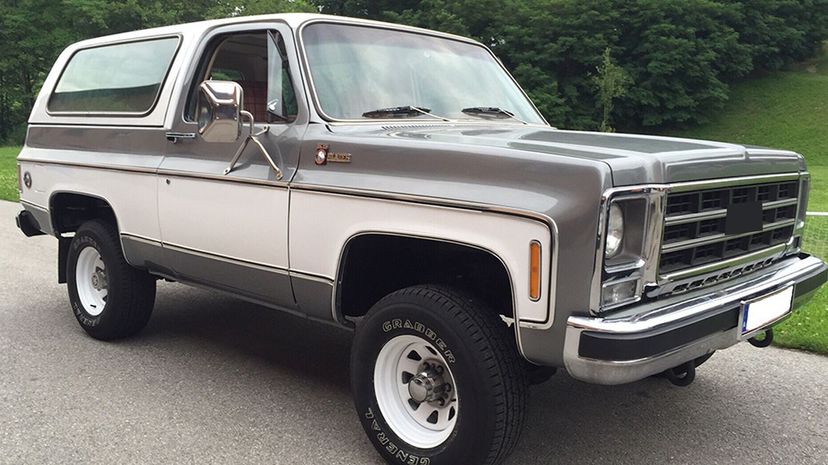
Made in the late '70s, the Chevy Blazer Chalet was a Blazer and a trailer mashed together. The camper in the back had seating for 4, sleeping space for 2, a stovetop, a refrigerator, and a pop-off roof so people over 6 feet tall could stand up straight.
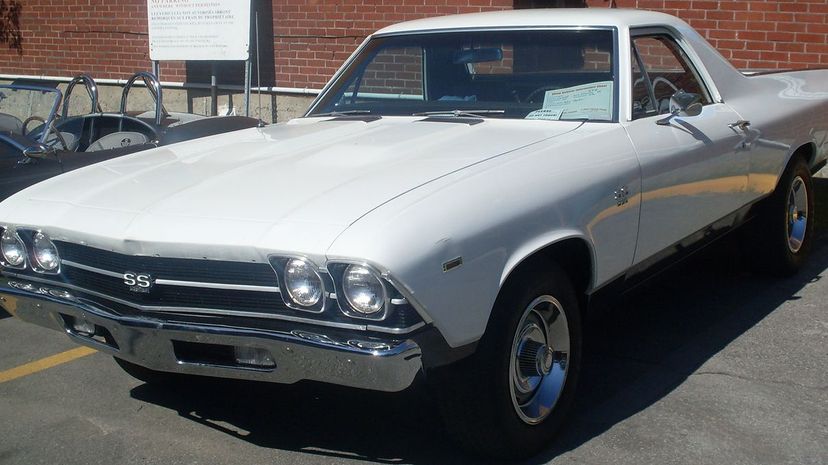
Though it looks like a pickup truck, the Chevy El Camino is actually more closely related to a station wagon with the rear roof cut off. That said, according to modern classification standards, it's neither a truck nor a car; it's classified as an SUV.
Advertisement
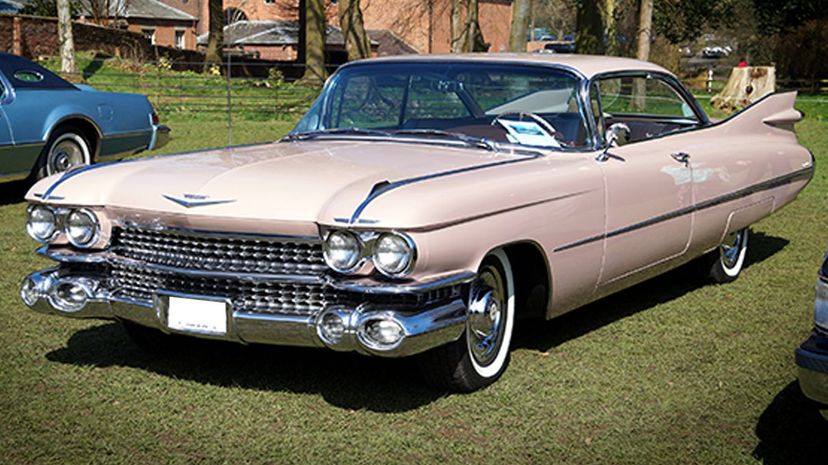
The DeVille series of Cadillacs set the standard for all future Cadillacs and gave the car the reputation for luxury and design it still has today. The DeVille series cars of the late '50s were noted not just for the dual bullet taillights, but for the massive tail fins and huge body.
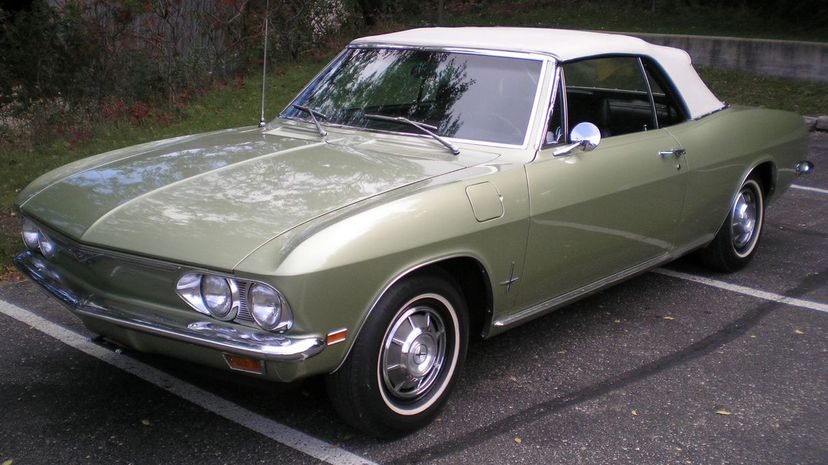
The '61 to '64 Chevy Corvair Rampside was a rear-engine pickup with the engine accessible under the truck's flatbed. It was most notable for the side ramp that lowered on the passenger side to allow for easy loading.
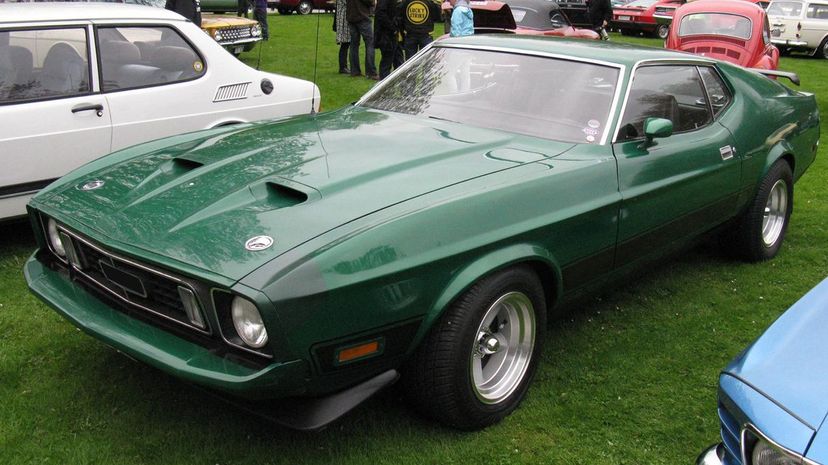
Ford's Mustang is arguably the most popular vehicle the company has ever produced next to the Model T. The performance and design of the car made it a hit across the board, and it has been used for years in movies like "The Fast and the Furious 3," "Diamonds are Forever," "Gone in 60 Seconds" and "John Wick."
Advertisement
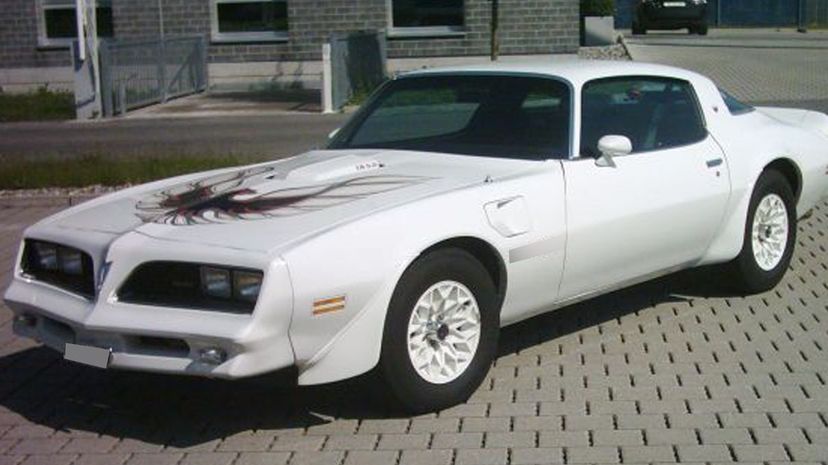
Burt Reynolds made the Pontiac Trans Am famous when he drove it in the movie "Smokey and the Bandit." It also had a great run as KITT from the television show "Knight Rider," and even Dwight Schrute from "The Office" drove one.
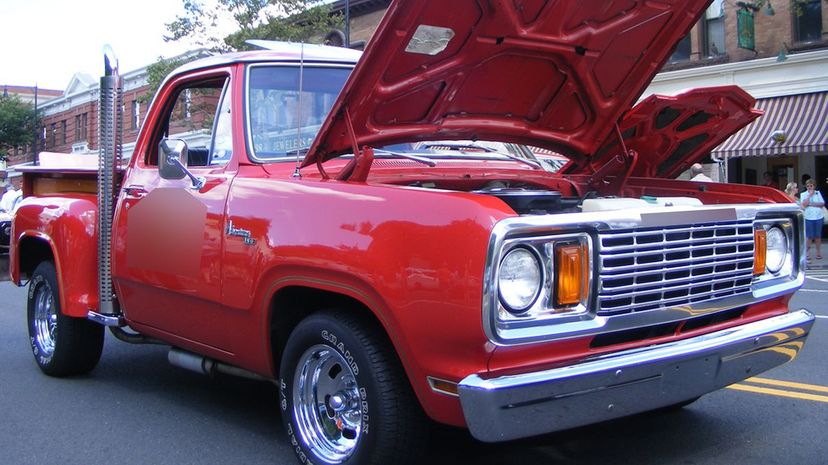
That a truck would be faster to go 0 to 100 miles per hour than any car made that same year is a testament to the power of the 1978 Dodge Li'l Red Express. That was partially thanks to the fact it exploited a regulation loophole that let it get away with not having a catalytic converter.
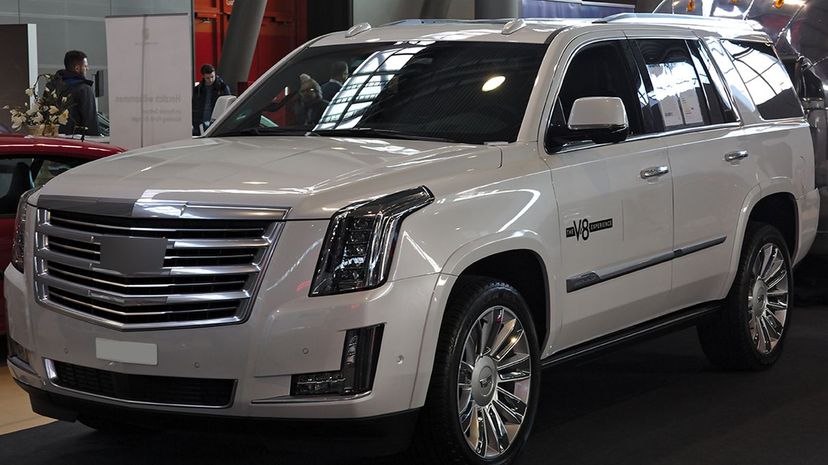
The Cadillac Escalade debuted in the 1999 model year and became an instant symbol of luxury, as one would expect from Cadillac. The SUV has been frequently used in movies, TV shows and music videos. It has even been on "The Simpsons."
Advertisement
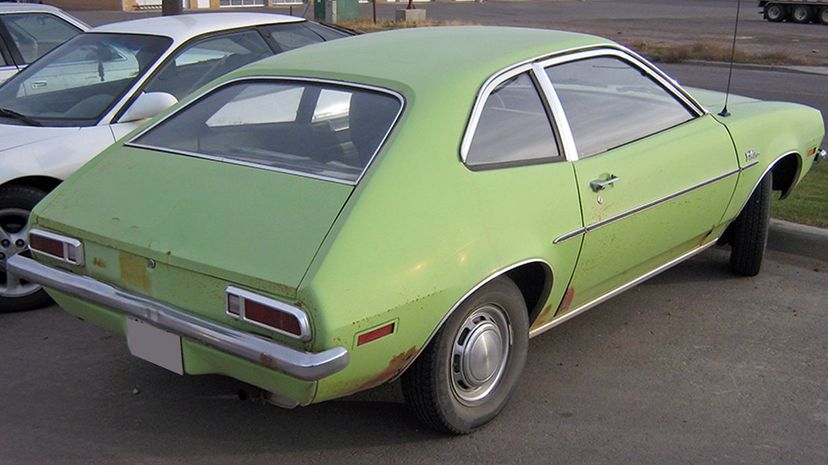
The Ford Pinto lives on in infamy as the spokescar for poor design and disaster in automaking. The fuel tank was not designed with safety reinforcements. This led to fires. Much of the story has been exaggerated and hyped, and studies have shown the Pinto was no more prone to fires than other cars at the time, but the perception ruined the car forever.
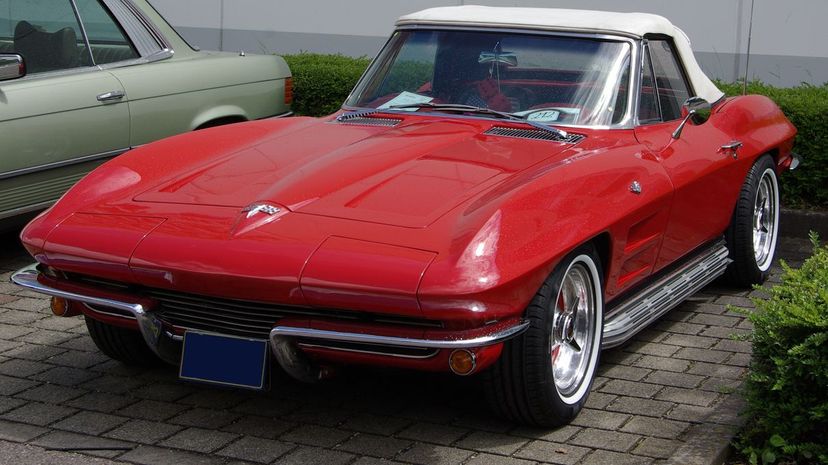
The first generation of Corvettes were just Corvettes but the second generation, starting in 1963, were the Sting Rays. As great as these cars were under the hood, one of the stand out features people still love and remember today is that split back window.
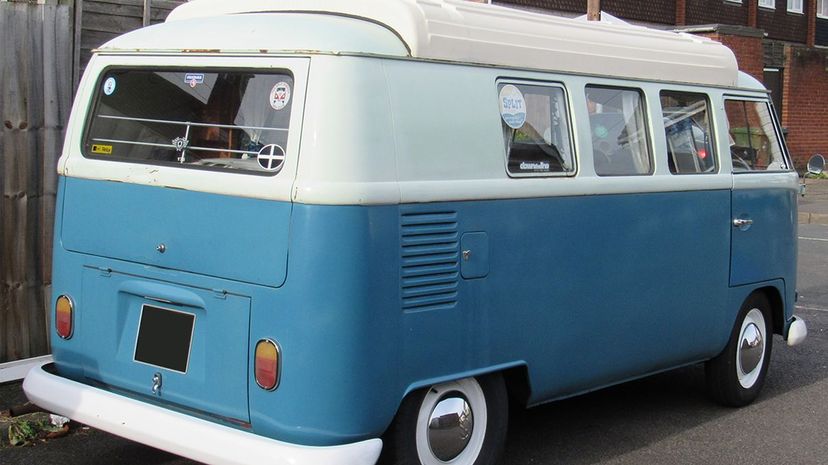
The VW Type 2 is one of the few vehicles that likely no one calls by its real name. Most of us know it as the VW bus, the minibus, or even a hippie van. Not all Type 2s were in van form. Some of them had the roof removed in back to make them pickups.
Advertisement
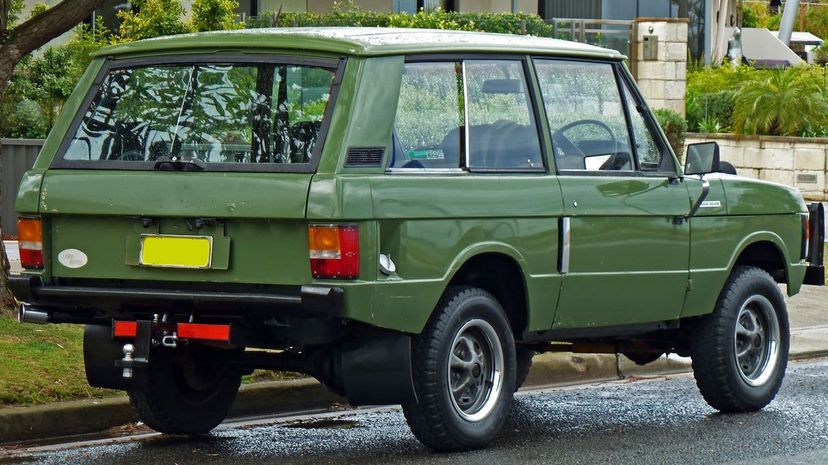
The Land Rover Range Rover is one of the most recognizable SUVs in the world thanks to its extensive history. The Range Rover has been criticized over the years for its environmental impact, including by one of the Rover's designers who felt it became a status symbol that people were needlessly driving in urban areas.
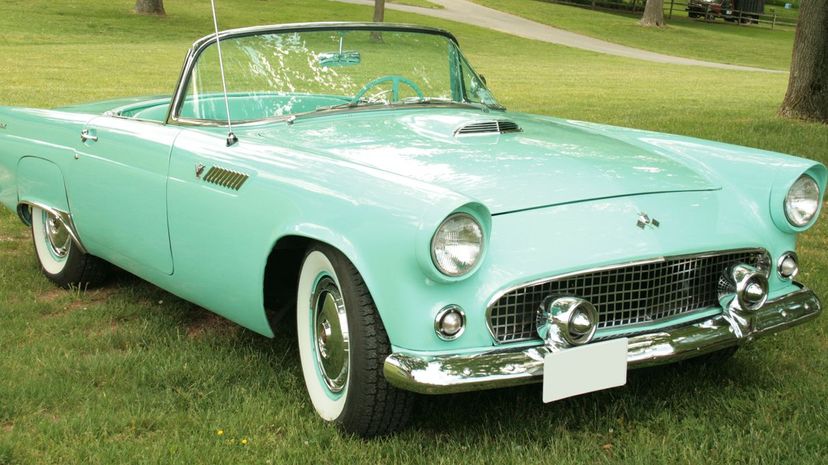
The Ford Thunderbird is one of the most iconic cars of the '50s. While it began life as a two-seat convertible, it was the addition of the rear seat that expanded it into a four-, five- or six-passenger personal luxury car that put these cars way over the top.
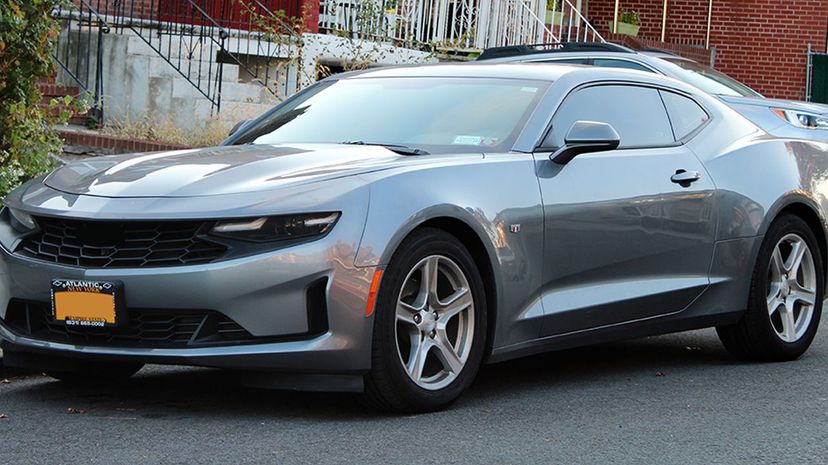
The iconic Chevy Camaro has been in production since the 1967 model year. Heavily based on the Chevy Nova, they were calling it "Panther" when it was still in the production phases and almost settled on that as the final name for the car.
Advertisement
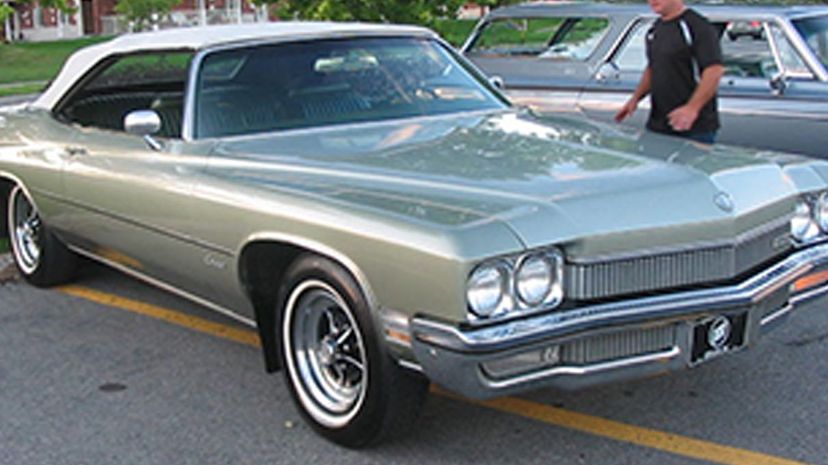
The Buick Centurion went into production in 1971, but it first came to life as a 1956 concept car. At that time, it was incredibly futuristic with a fiberglass body, a bubble-top and a backup camera, though they never proved it actually worked.
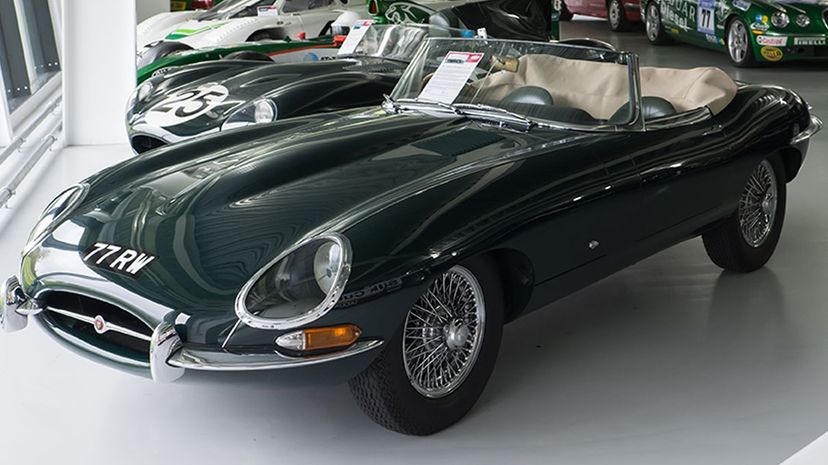
The Daily Telegraph was not alone in thinking the Jaguar E-Type was the best-looking car ever made. Enzo Ferrari also claimed it was the most beautiful car ever made. It was also a performer. The E-Type was the street version of Jaguar's D-Type which had won the 24 Hours of Le Mans from 1955 to 1957.
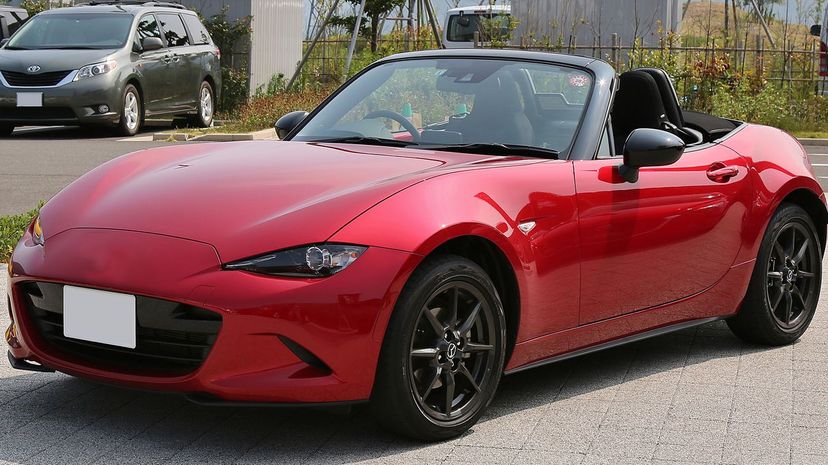
The Mazda MX-5 is known as the Miata in North America and has been in production since 1989. The design credo for the Miata was something called "Jinba Ittai" which means "the horse and rider as one." That basically means the Miata was designed to be a perfect driving experience that immersed the driver in the vehicle.
Advertisement
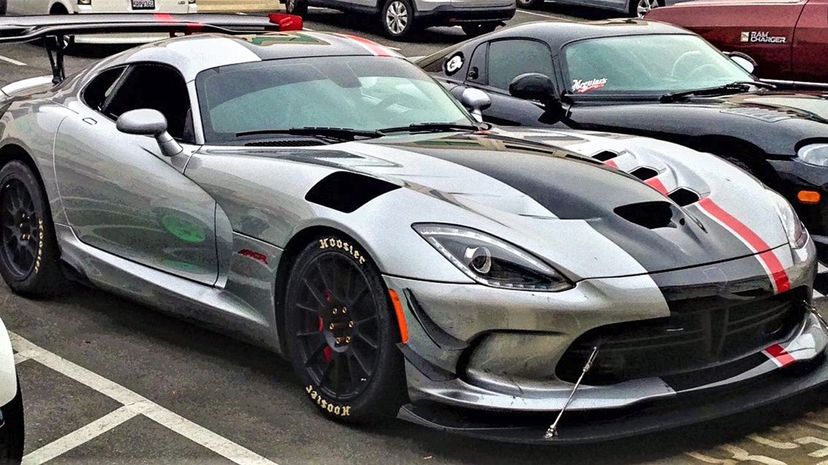
The Dodge Viper was originally engineered as a performance car and, as such, it didn't have the basic amenities most production cars have - no exterior-mounted door handles, no air conditioning and no actual windows. Vinyl window panels could be zipped in and out.
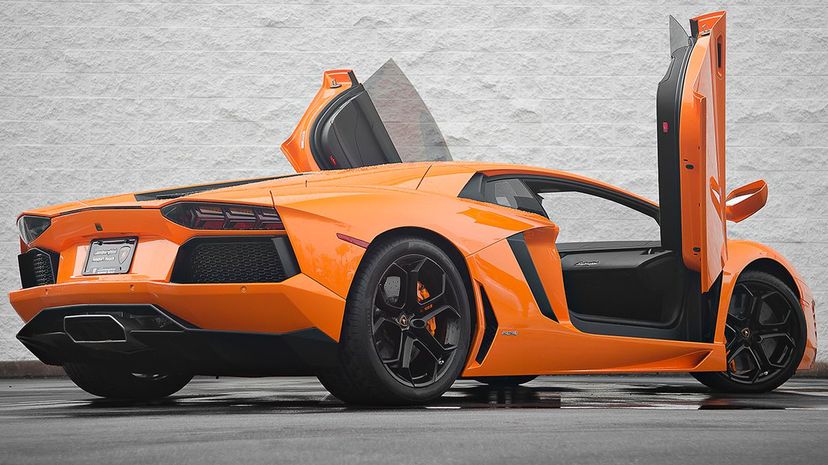
Lamborghini planned to make 4,000 Aventadors, but by 2016, they had made 5,000. In 2017, production of the initial run ended, and they began making the Aventador S and the Aventador SVJ. The car was also used in "Transformers: Age of Extinction" as the Decepticon Lockdown.
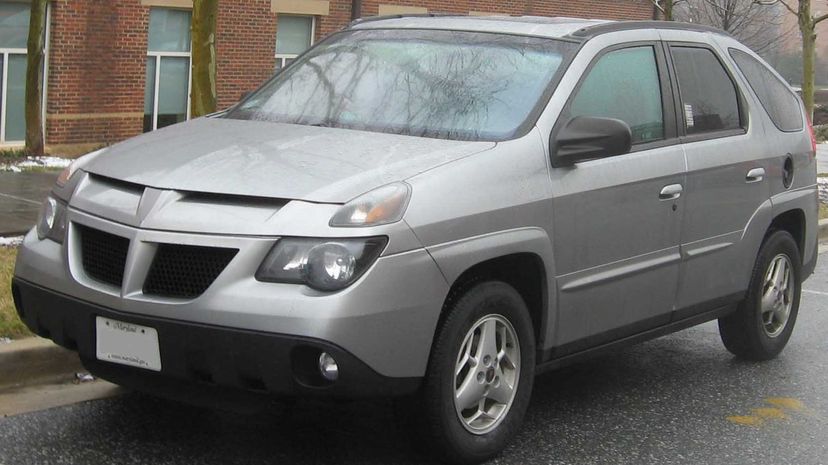
The Pontiac Aztek was made from 2001 to 2005, and it proved to be something of a commercial failure for the company. It was their prediction that at least 75,000 per year would need to be sold for them to break even on costs. They sold fewer than 28,000 in their best year.
Advertisement
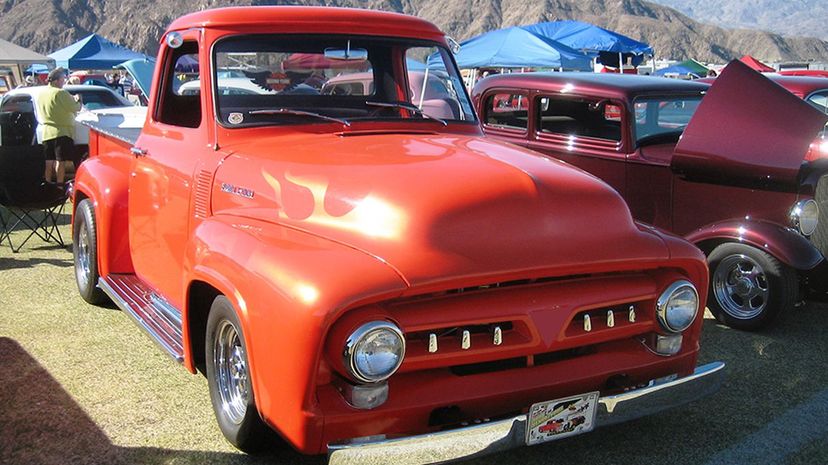
Ford's F-Series of trucks are the best selling trucks in America and also the best-selling vehicles period. While there were earlier F-trucks in their lineup, it was the second generation in 1953 that started the nomenclature with F-100, a 3-digit name that is still used today.
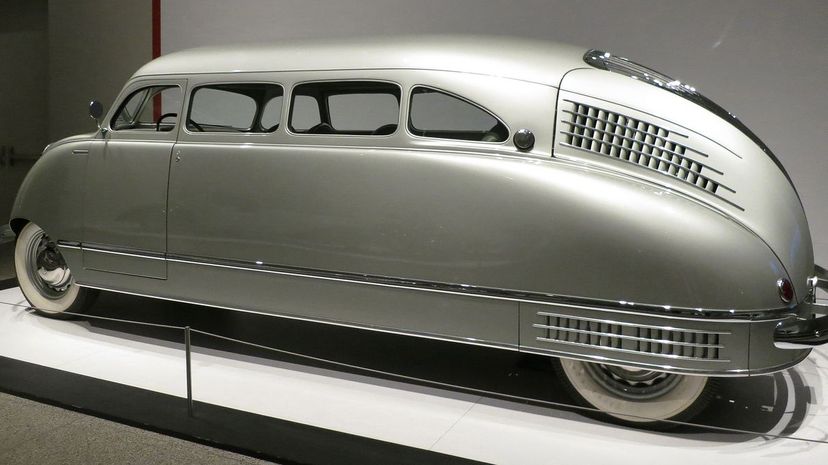
The Stout Scarab is a quirky vehicle from the 1930s and '40s. They never made them in significant numbers. They were all handmade, so no two of them are alike. It's believed about five of them still exist in the world today.
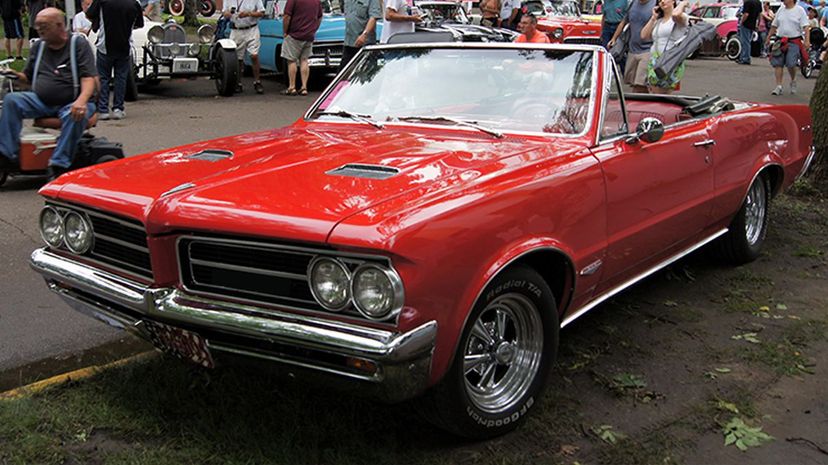
The Pontiac GTO was produced from 1964 to 1974 and then again from 2004 to 2006 as a rebadged Holden Monaro imported from Australia. Because it took a few years to work out the kinks, the car actually looked dated when it hit the U.S. market, and it didn't sell very well.
Advertisement
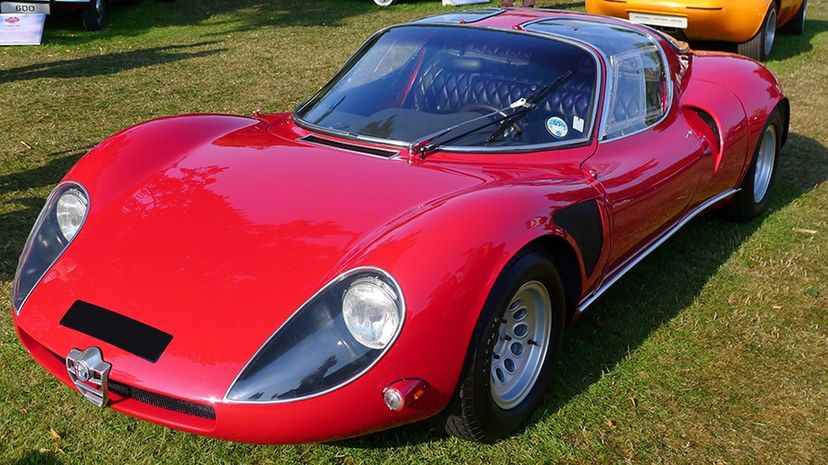
Only a handful of Alfa Romeo Stradale's were produced. Each had a price tag of $17,000. To put that in perceptive, the average 1968 car cost only $2,822. It helped the case of the Stradale that it was also the fastest car in production to do a standing kilometer.
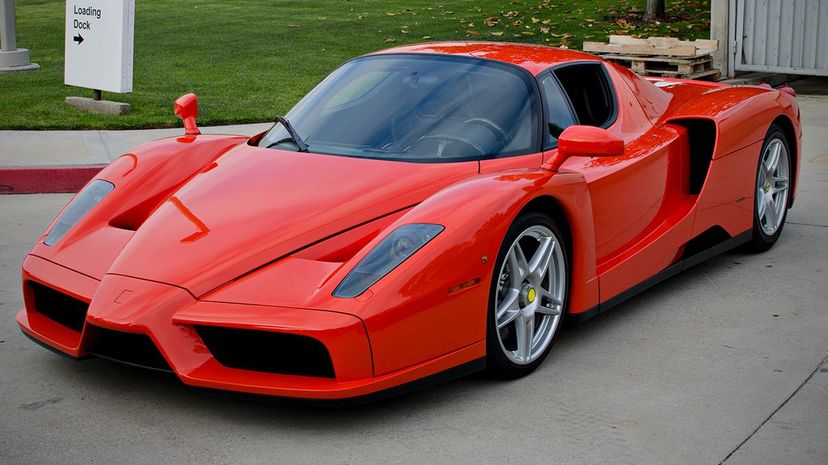
The Ferrari Enzo is named for Ferrari's founder Enzo Ferrari, and it was produced from 2002 to 2004. The design was a divisive one with Sports Car International calling it one of the top three Sports Cars of the 2000s but Bloomberg Businessweek calling it one of the 50 ugliest cars of the last 50 years.
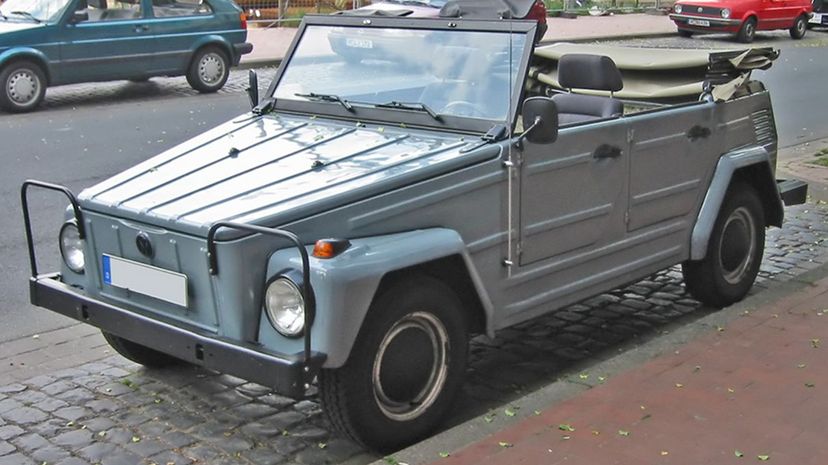
The Volkswagen Thing was originally designed as a military vehicle for the West German army. It was dropped fairly quickly from most markets due to a combination of low sales and an inability to meet more stringent safety standards, but it is remembered for being one of the most bizarrely named vehicles n the U.S. market.
Advertisement
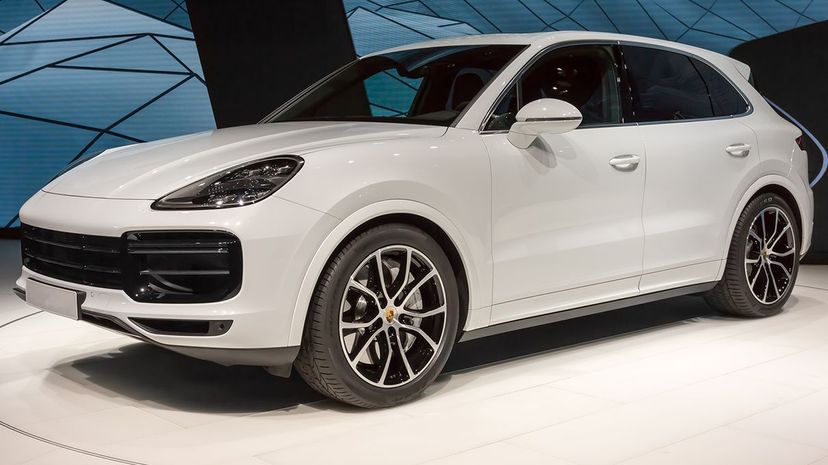
Porsche made the Cayenne for the 2003 model year. It was a notable departure for the automaker in that it was its first four-door vehicle and its first off-road vehicle since the1950s. In 2017, a diesel version of the Cayenne achieved a Guinness World Record for the heaviest aircraft towed by a production car when it towed a 285-ton airbus.
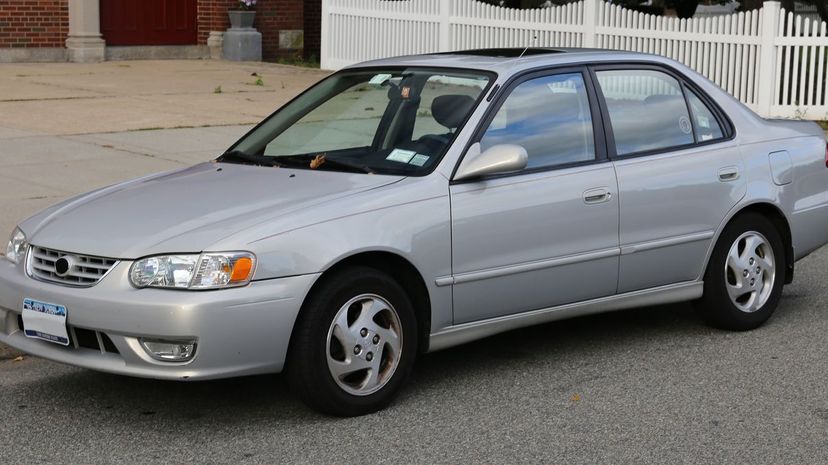
The Toyota Corolla holds the crown for the best-selling car ever made. Far surpassing any other vehicle in history, the Corolla has sold over 44 million units since 1966, proving that a popular car doesn't have to be a flashy car.
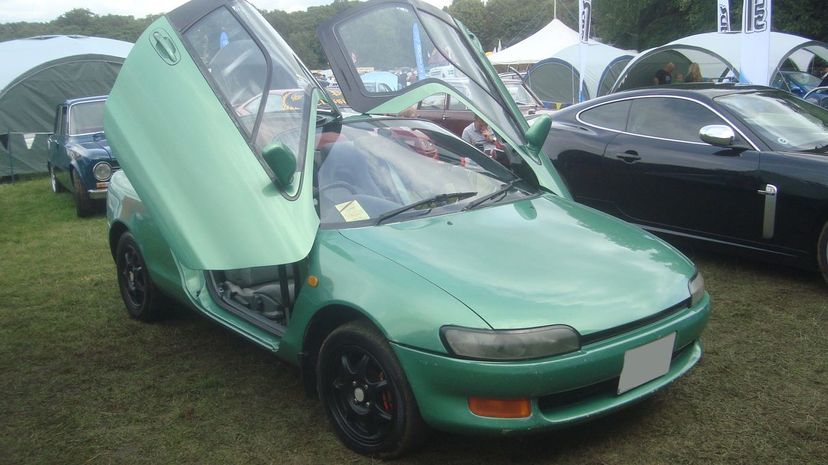
You expect fancy scissor doors on a Lamborghini or gullwing doors on a DeLorean, so the Toyota Sera was defying expectations when it came out looking like every other sedan on the market but had butterfly doors that pulled up from the car rather than out.
Advertisement
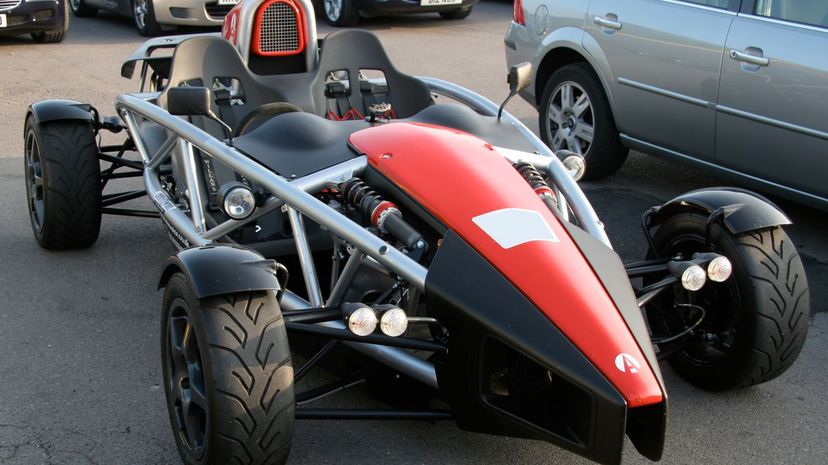
The Ariel Atom was a student design project by Niki Smart at Coventry University but is still a street-legal vehicle. In 2005, the car ranked as the third-fastest accelerating production car in the world after the Bugatti Veyron and the Ultima GTR.
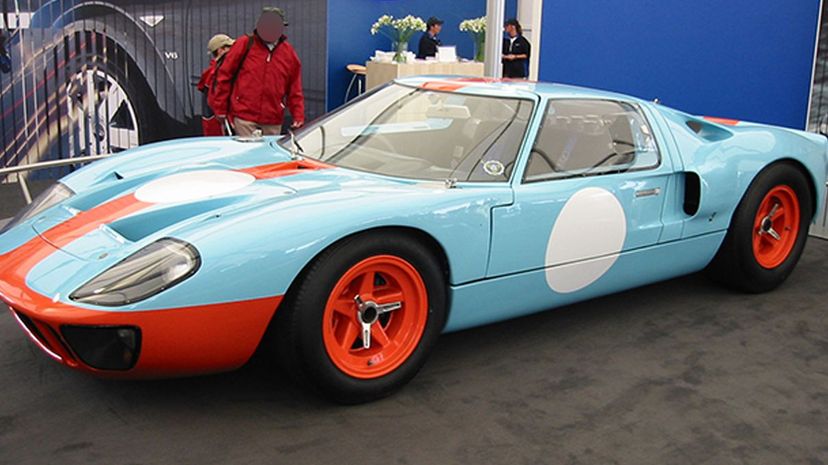
The Ford GT40 was known as the Ferrari killer, developed by Ford to put an end to Ferrari's dominance of the Le Mans race. The design inspired the Ford GT which was first produced in 2004 for two years and then reintroduced in 2016.
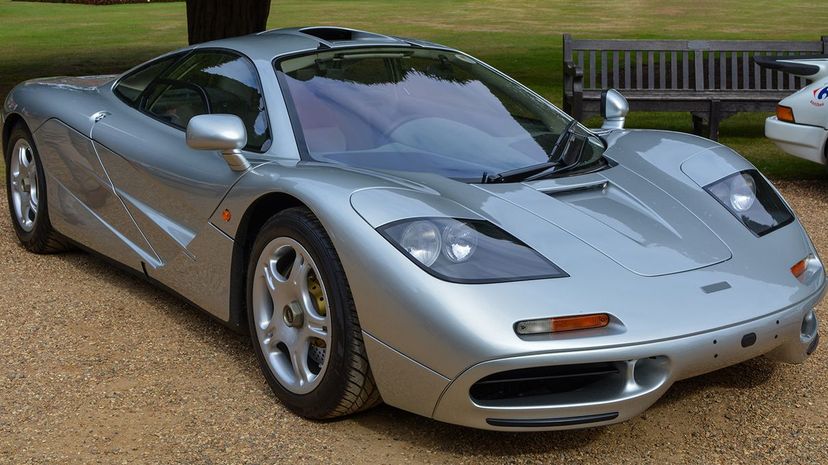
McLaren very much earned its place in sports car history with the development of the F1. Featuring a BMW S70/2 V12 engine, the McLaren was clocked at 240.1 miles per hour. That record would stand until 2005 when Koenigsegg barely surpassed it with a speed of 241.01 miles per hour.
Advertisement
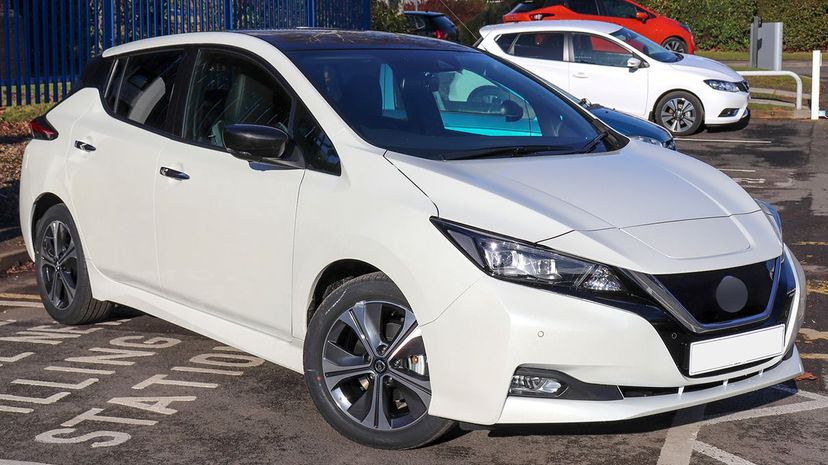
Even though Tesla gets a lot of media attention, the Nissan Leaf has outsold all of the competition in the electric car marketplace. Over 400,000 Nissan Leafs have been sold as of 2019.
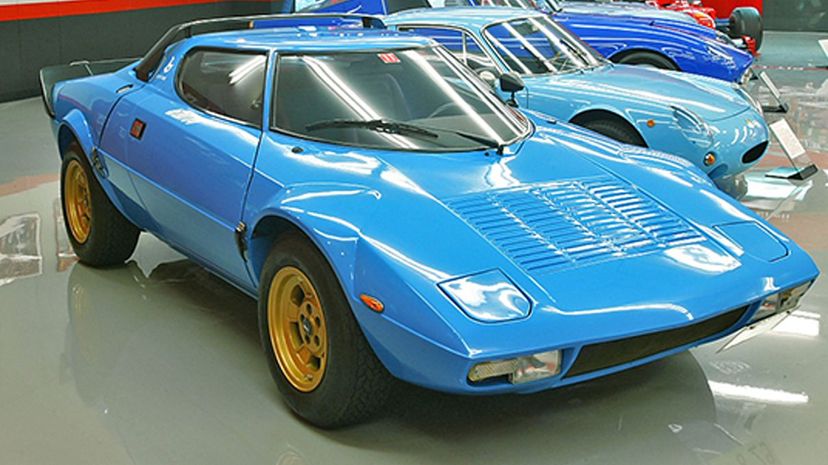
The Lancia Stratos was produced from 1973 until 1978. Because everyone loves a classic, Italian car designer Pinnifarrina is releasing a new Stratos for the year 2020 with a Ferrari F136 V8 engine. Only a planned 25 of the cars will be built.
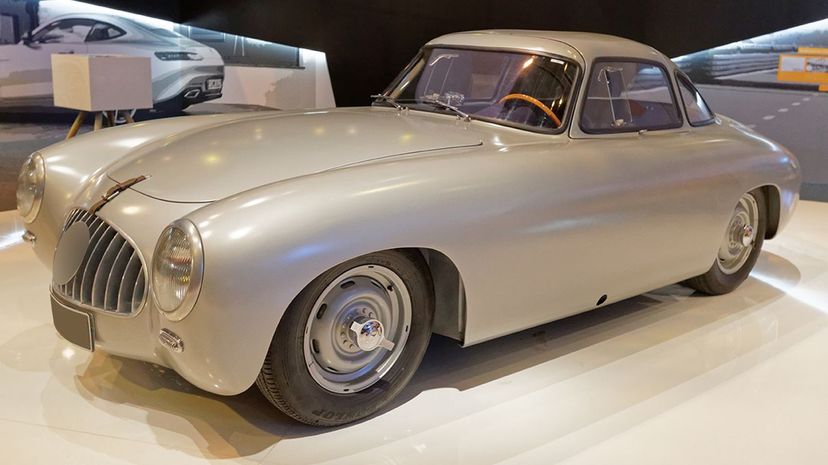
Produced first in 1954, the Mercedes-Benz 300 SL was most easily recognized by its dramatic gullwing doors. Under the hood, the fuel-injection system was an innovation, and the car was the fastest production car in the world at the time, with a top speed of 163 miles per hour.
Advertisement
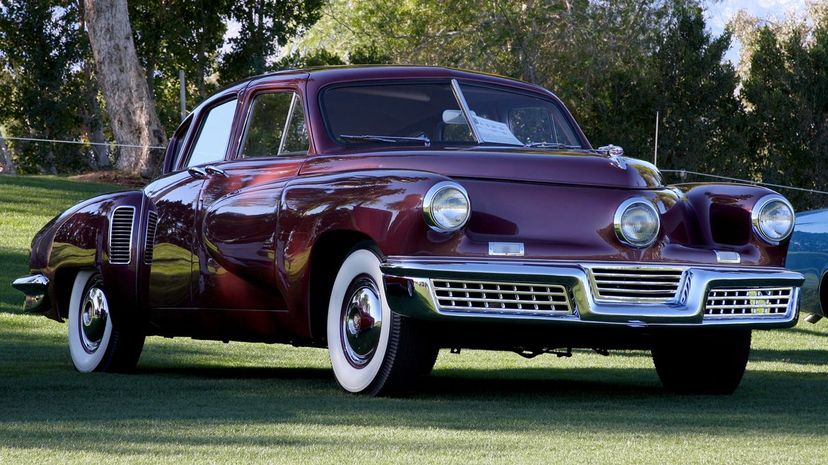
The Tucker 48 was an infamous failure in automaking history, not because it was a poorly designed car but, from what evidence we have, it was intentionally sabotaged and tanked by bigger automakers who didn't want to deal with innovative competition.
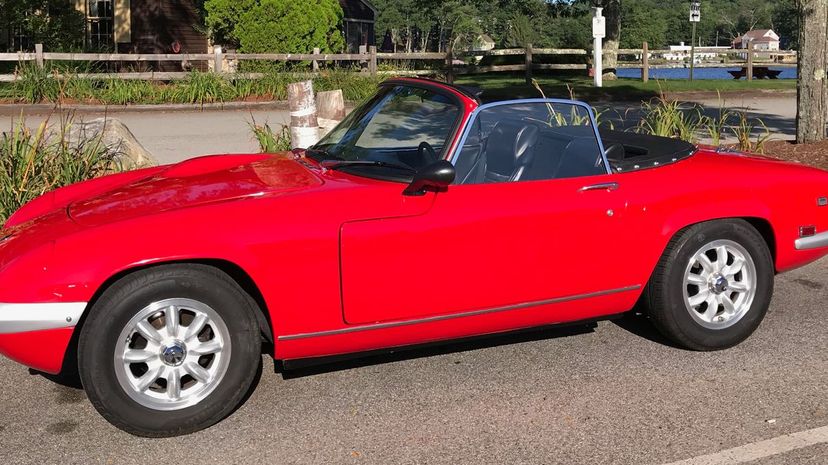
The Lotus Elan was the first commercial success for Lotus and was admired for its incredible handling, partially due to its relatively low weight to power ratio. It is rumored that the designer of the McLaren F1 said the only thing he regretted about the F1 was that it didn't handle like the Lotus Elan.
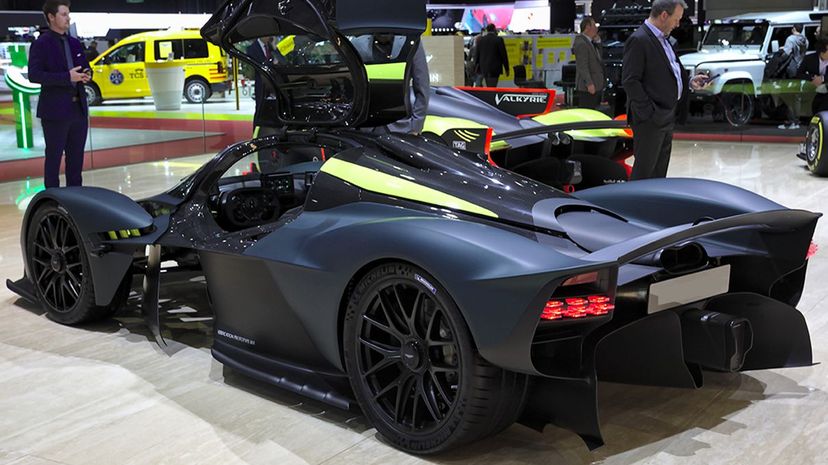
Aston Martin's Valkyrie is a limited-run sports car expected to top out at 150 units. The price tag is a staggering $3.2 million, and Aston Martin has said publicly that anyone who buys one just to quickly resell it will not be allowed to buy any future special edition Aston Martins.
Advertisement
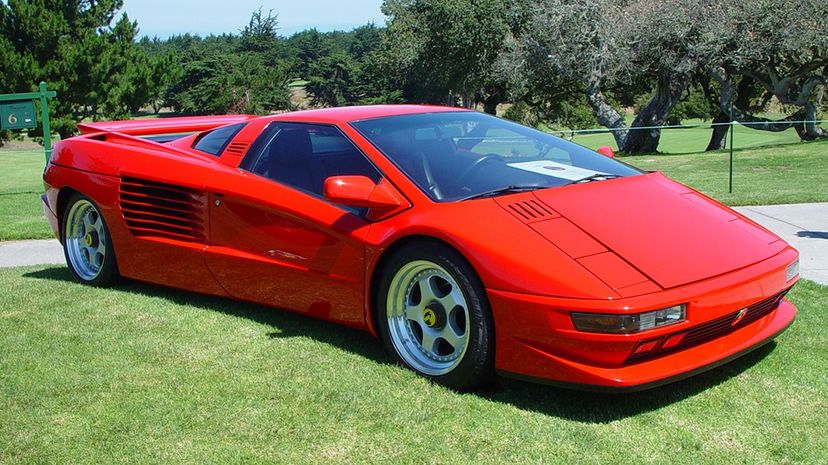
The only car Cizeta ever made was the V16T. Between 1991 and 1995, there were only 20 produced, but as of 2006, they will still make you one if you pay $650,000 for a base model or $850,000 for a Spyder.